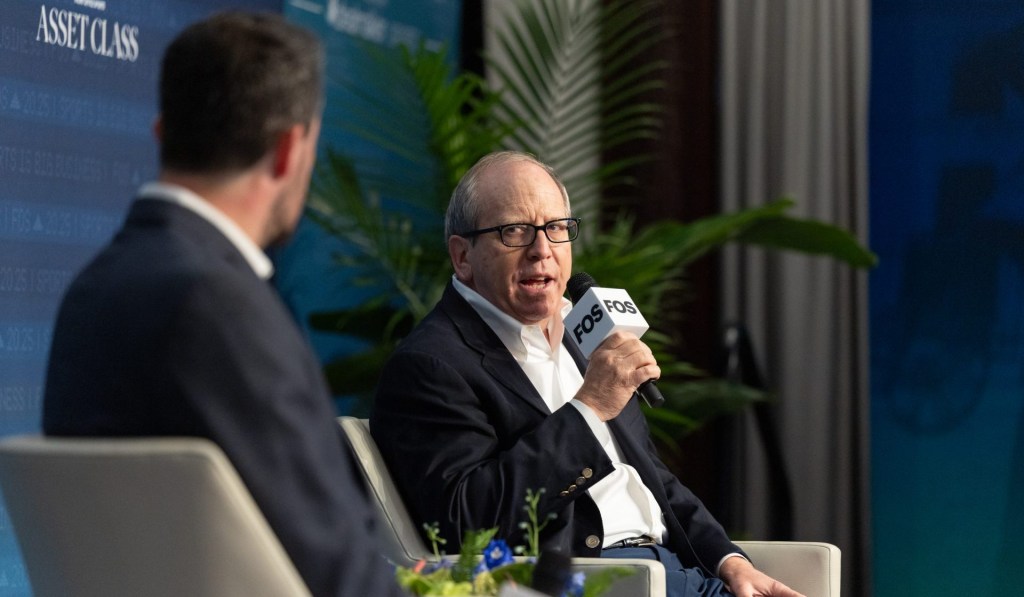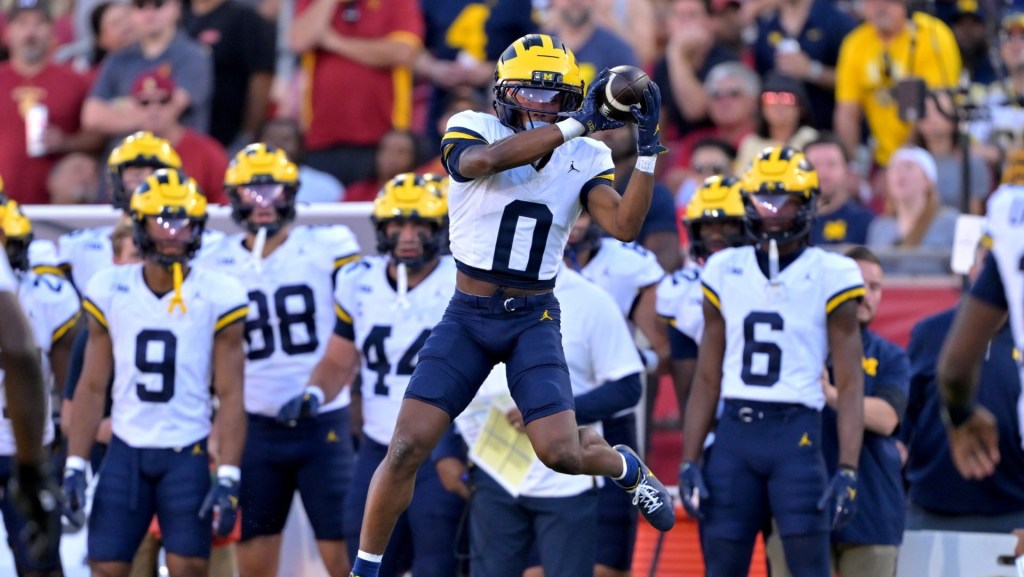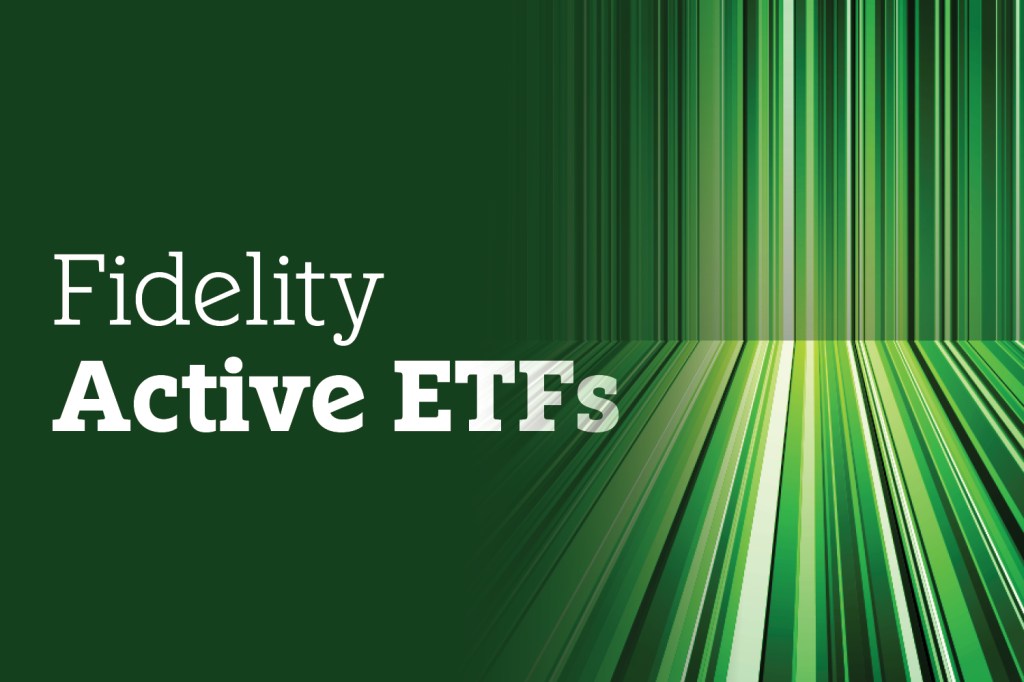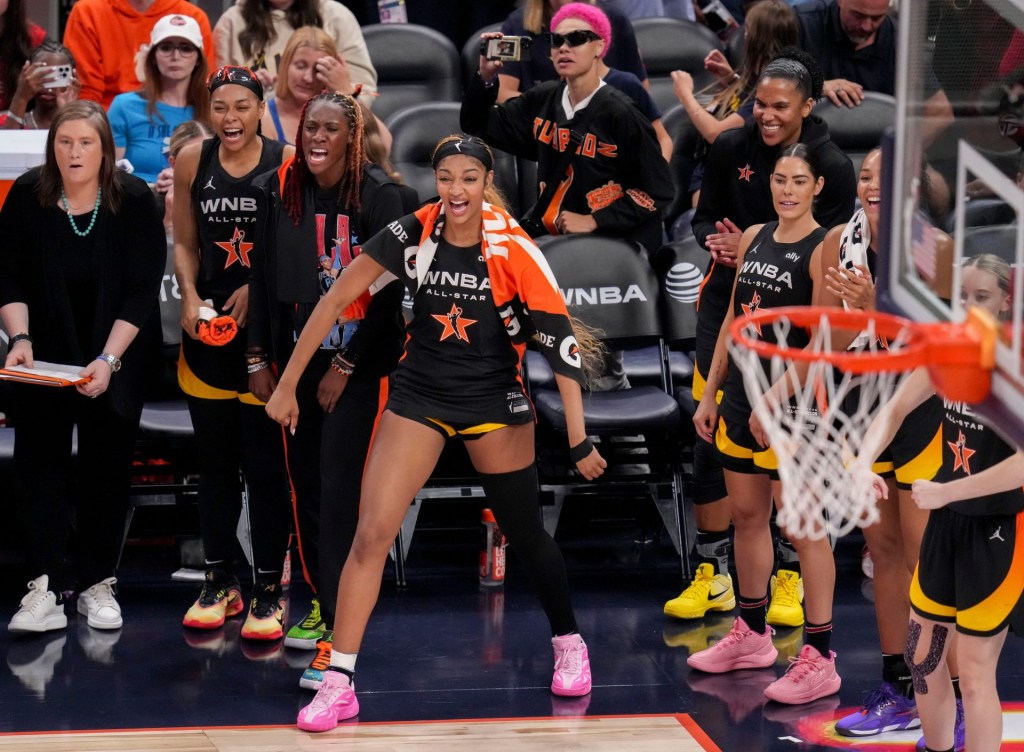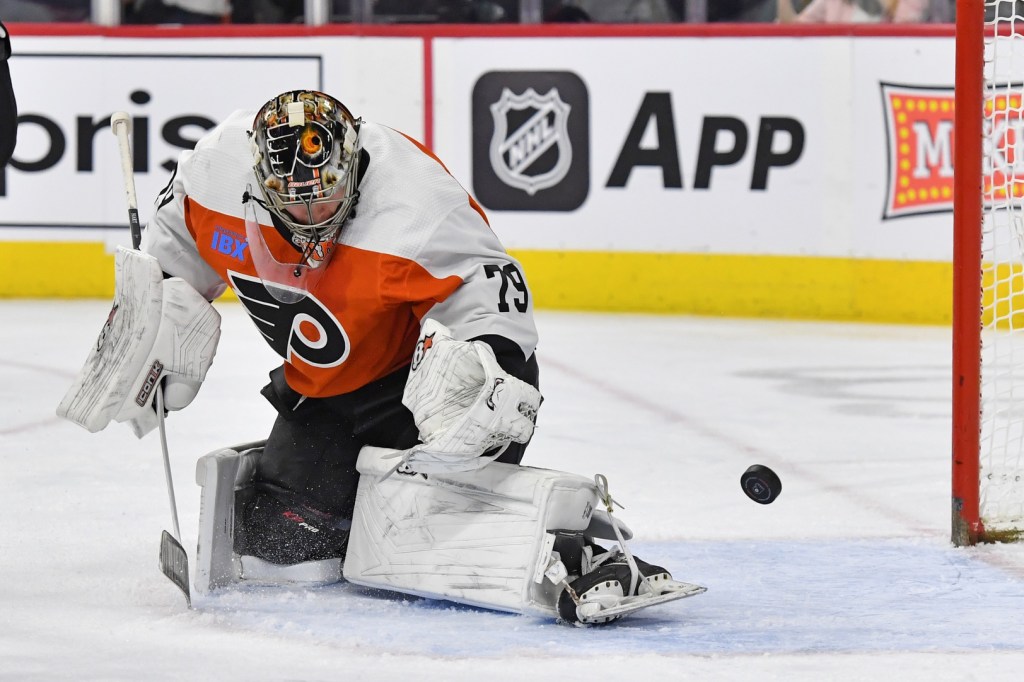University of Michigan board members could throw a wrench in the Big Ten’s plans for a $2.4 billion private-capital deal.
During a Michigan board of regents meeting Thursday, regent Mark Bernstein confirmed that the school’s entire board is opposed to the deal. The comments are significant given that the Big Ten wants unanimous support for the proposal.
It’s possible that university presidents could still vote in favor of the deal without the approval of their boards; though a source told Front Office Sports that Michigan president Domenico Grasso would vote no.
FOS previously reported that the boards of Michigan—as well as USC—were “close to” unanimous in their opposition to the proposal.
In the proposed deal, UC Investments, the investment arm of the University of California’s pension system, would put $2.4 billion into the conference and in return get a 10% equity stake in a spin-off of the conference’s assets called Big Ten Enterprises. UC Investments, as well as the conference office and schools, would all own a slice of the spin-off, and UC Investments would get a cut of revenue every year. The schools would receive initial nine-figure payouts, and would sign a grant of rights agreement binding them together until 2046.
University of Michigan regent Jordan Acker, who has already been outspoken about the deal on social media, blasted the proposal, saying, “The Big Ten does not need to be sold to save college sports. It needs to lead to save college sports.”
Acker referenced runaway spending that has made outside investment like this attractive, but ultimately said it’s not a sound idea. “We can’t cry poverty while spending tens of millions on buyouts,” he said. “We can’t have college sports, the collegiate experience, dictated by private equity.”
He addressed concerns about potential lost revenues if schools agree to sell off assets and referenced the grant of rights extension, noting that other conferences like the ACC have faced major challenges after locking themselves together as a league in the ever-evolving landscape of college sports.
Acker said consultants and bankers who reviewed the deal for the board concluded that Big Ten schools can find more revenue “more efficiently without selling assets.” He also suggested that, at the end of football season, Big Ten trustees should convene to talk about the future of college sports.
Bernstein also alluded to reports of the Big Ten pushing schools to acquiesce to the deal. “The contrived urgency of this matter is frankly mysterious to me and to my colleagues on this board,” he said. “The conference needs to slow down and consider better ways to address the very real problems facing some Big Ten universities.”
During a Sports Management conference at Columbia University earlier Thursday, Big Ten commissioner Tony Petitti addressed the proposal publicly for the first time as well. He said the Big Ten has been listening to pitches from private-equity firms and considering ways to bring outside capital into the league. He characterized the current proposal as one involving a “non-profit” partner to buy into a commercial entity. (He did not confirm that UC Investments was the potential partner, or name Big Ten Enterprises.)
The proposal is the result of “a lot of work, a lot of conversations, everyone on campus giving a tremendous amount of their time to evaluate what the best path is,” Petitti said.
However, university trustees at multiple schools have been kept in the dark about key details of the proposal—including the specific California pension fund potentially involved, sources have told FOS.
Two weeks ago, ESPN broke the news of the private-capital deal, leading trustees at multiple schools to seek out more information on their own. Meanwhile, Yahoo Sports reported the partner was UC Investments—something some of the trustees didn’t even know. (FOS has since been able to confirm this.)
An alliance of sorts has since formed: Trustees from Michigan and USC held a call Tuesday, where it became clear neither board would support the deal. Both boards saw the proposal as a temporary but inadequate fix to major problems in college sports. USC was also particularly irked by the idea that it would not be in the top tier of initial payouts (Michigan, Ohio State, and Penn State would receive about $190 million, while USC and Oregon would be in a secondary tier.)
“We’ve done a lot of work, we have a tremendous amount of support,” Petitti said at Columbia. “We just have to finish the process.”
At this point, it’s unclear whether the proposal moves forward. The Big Ten had pushed to schedule a vote as early as this week, sources have said, but so far there is none—and that’s likely because of the opposition.
“We cannot sell our legacy to private investors and pretend that it’s progress,” Acker said at the Thursday meeting. “This is a shell game. We are the stewards of something bigger than a balance sheet.”


